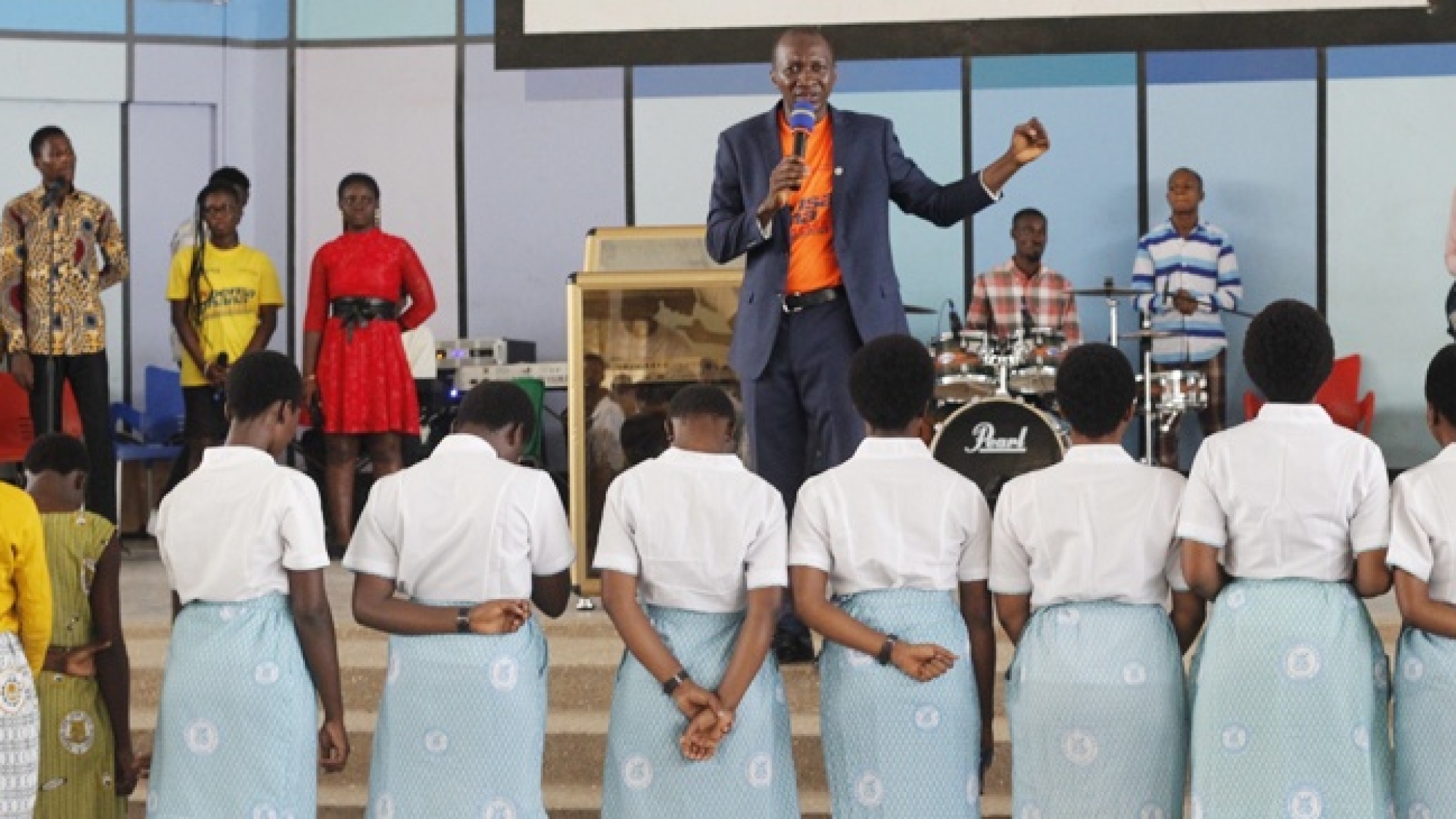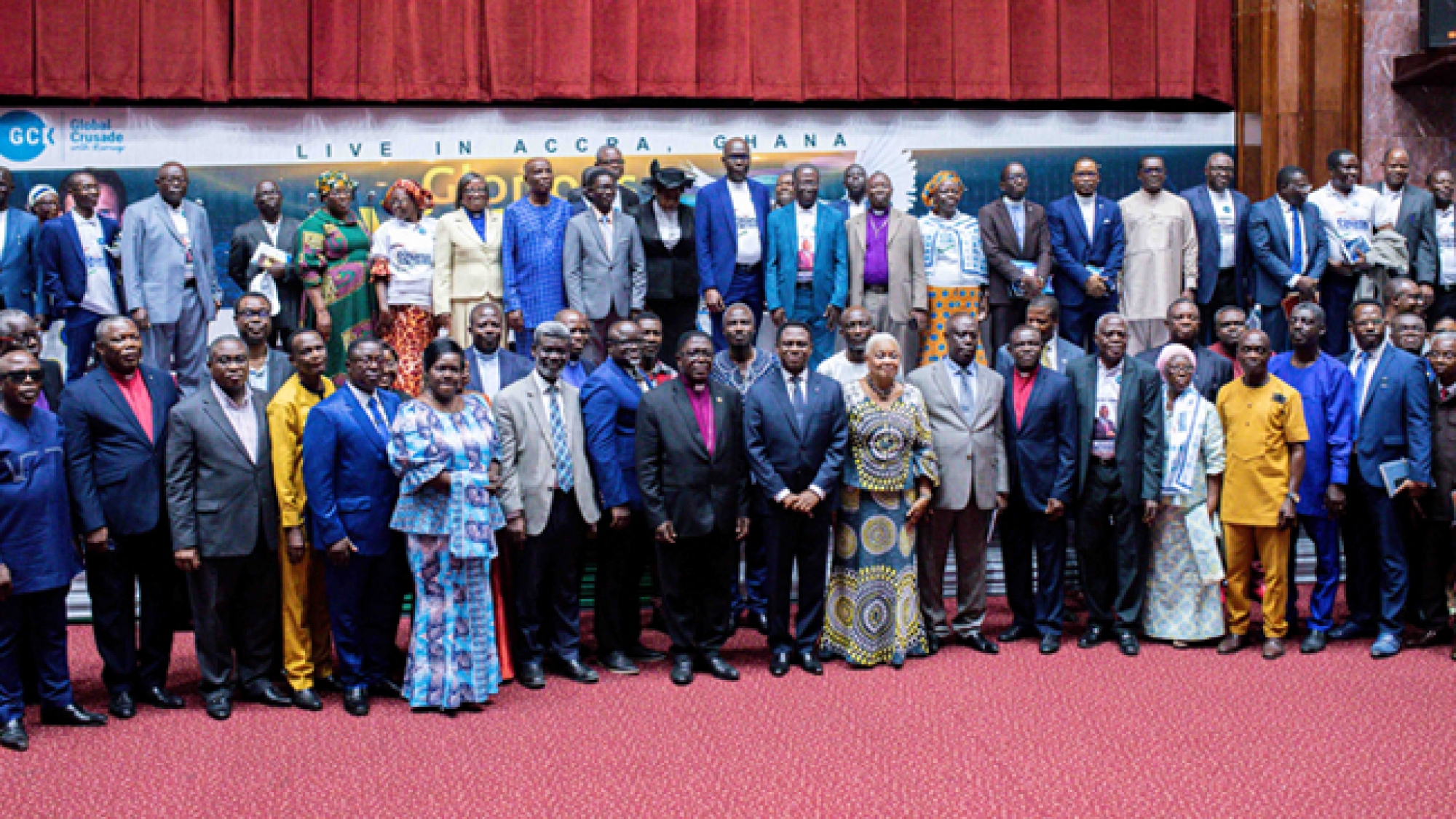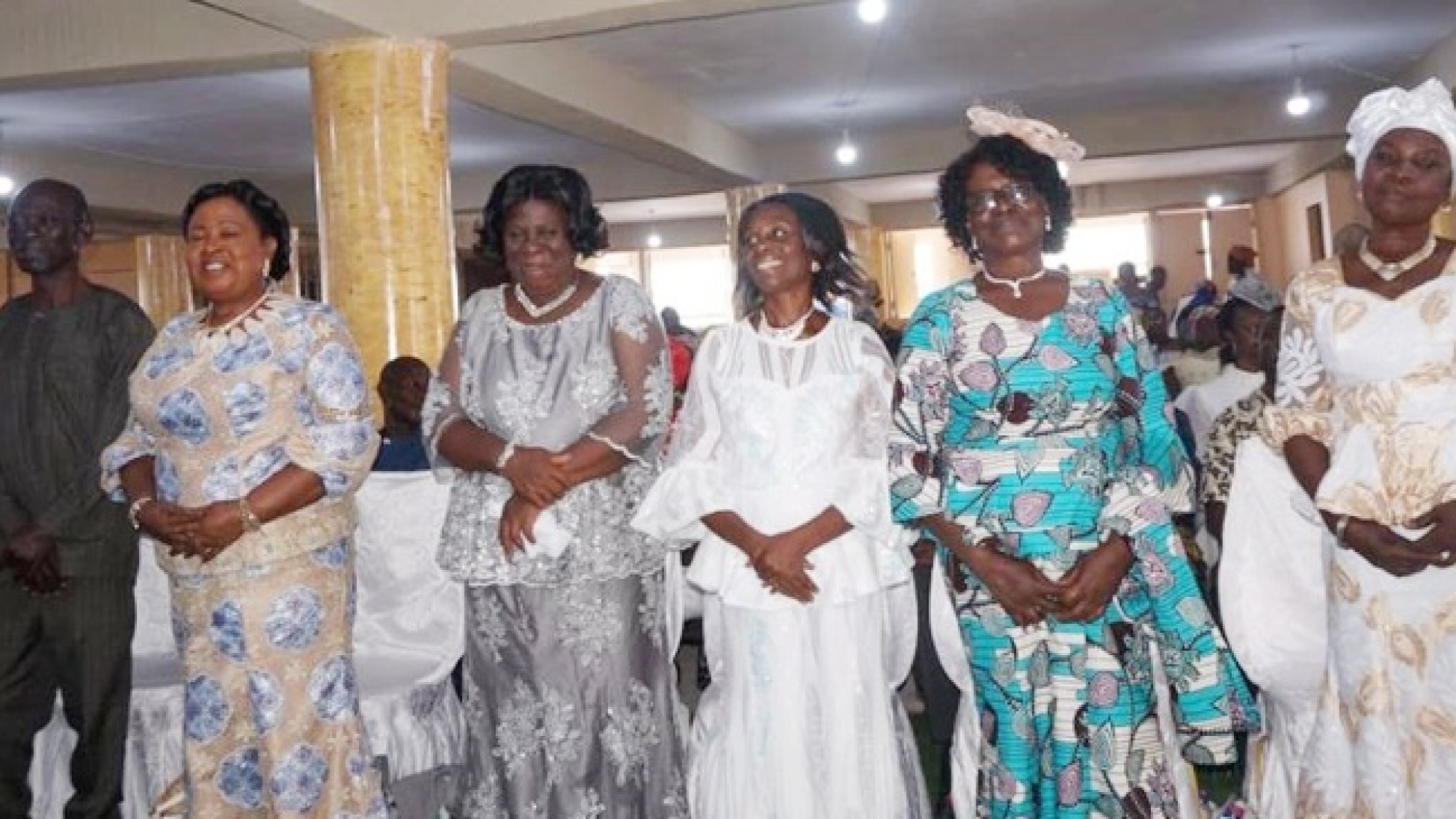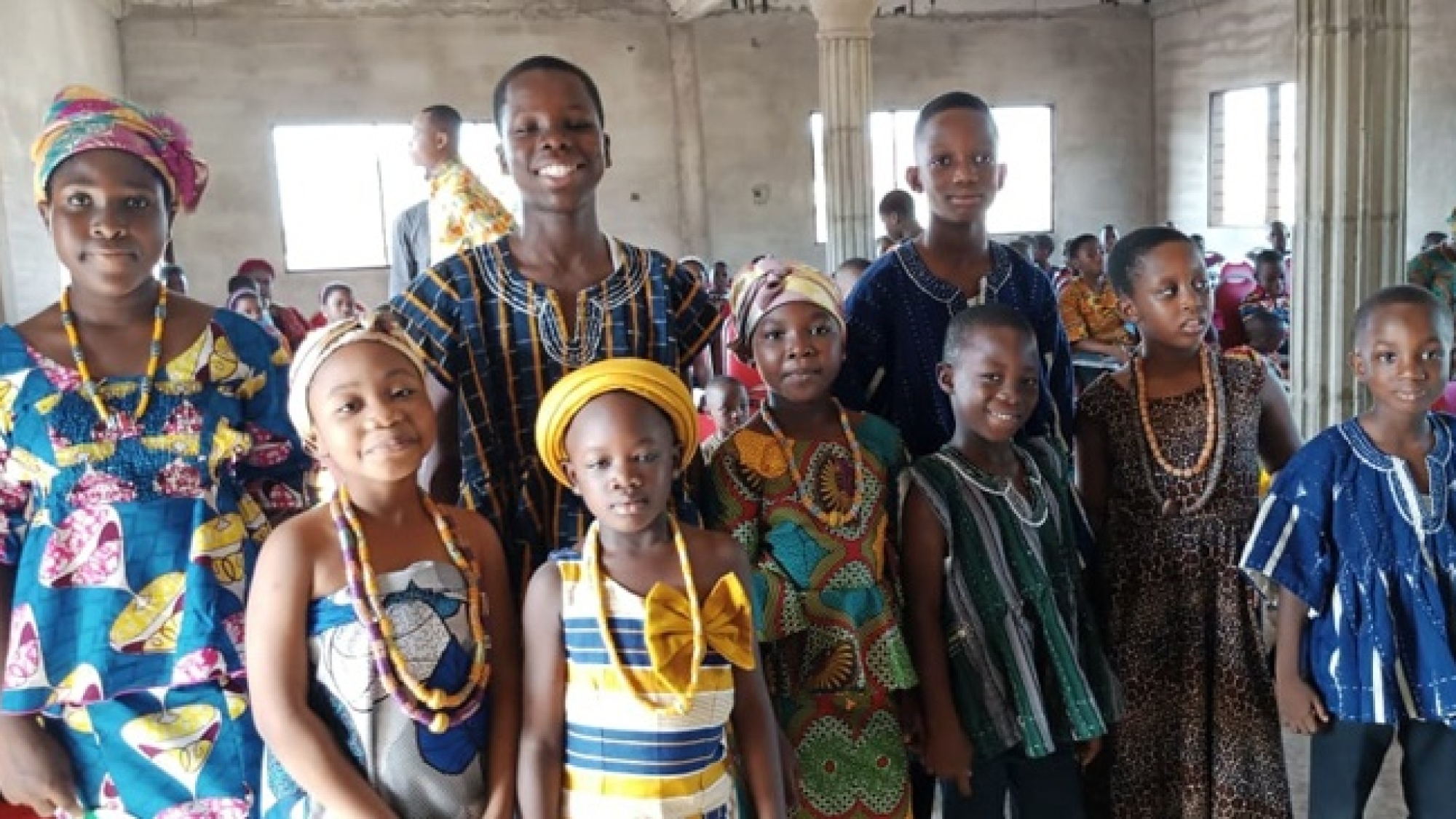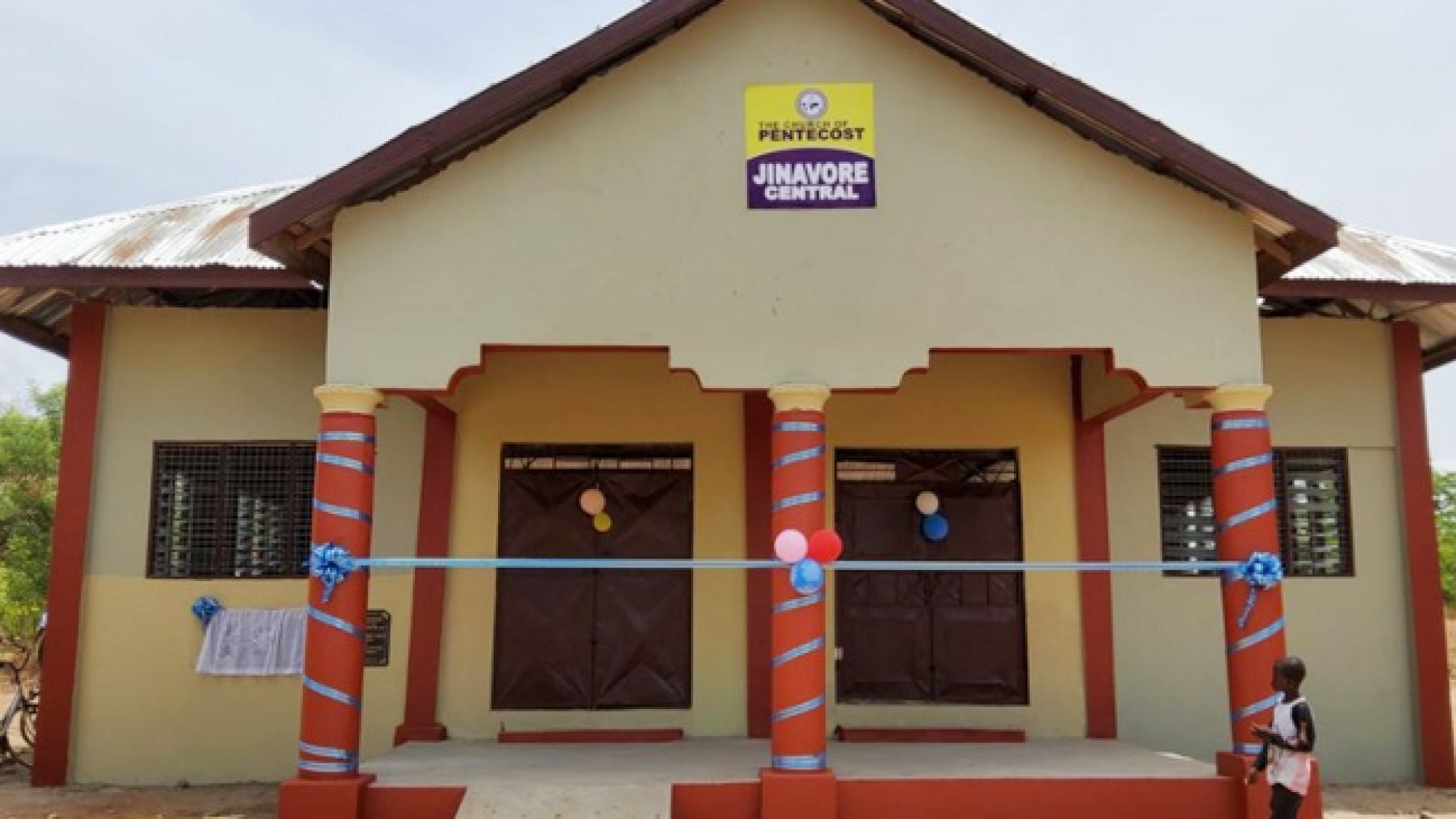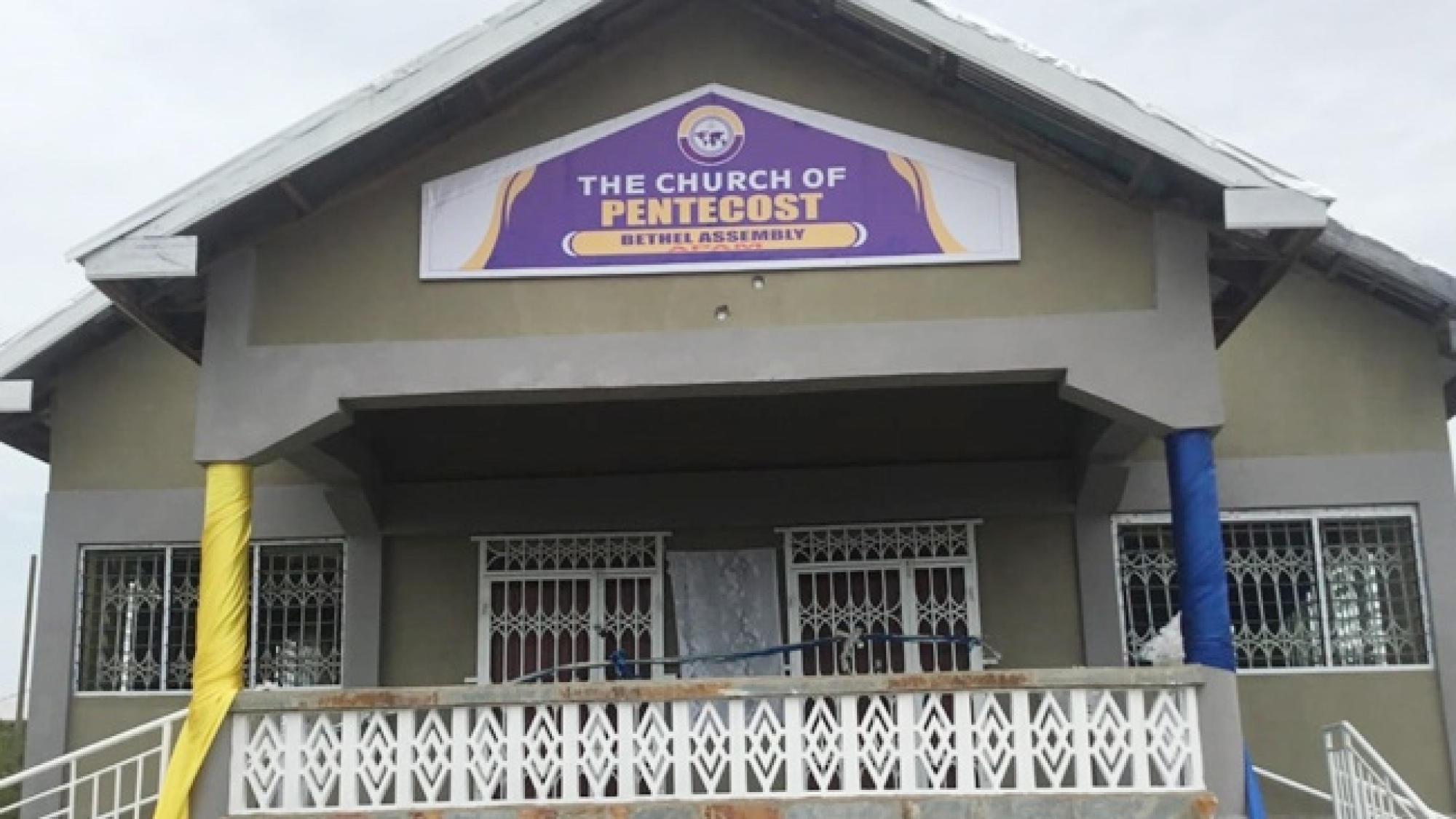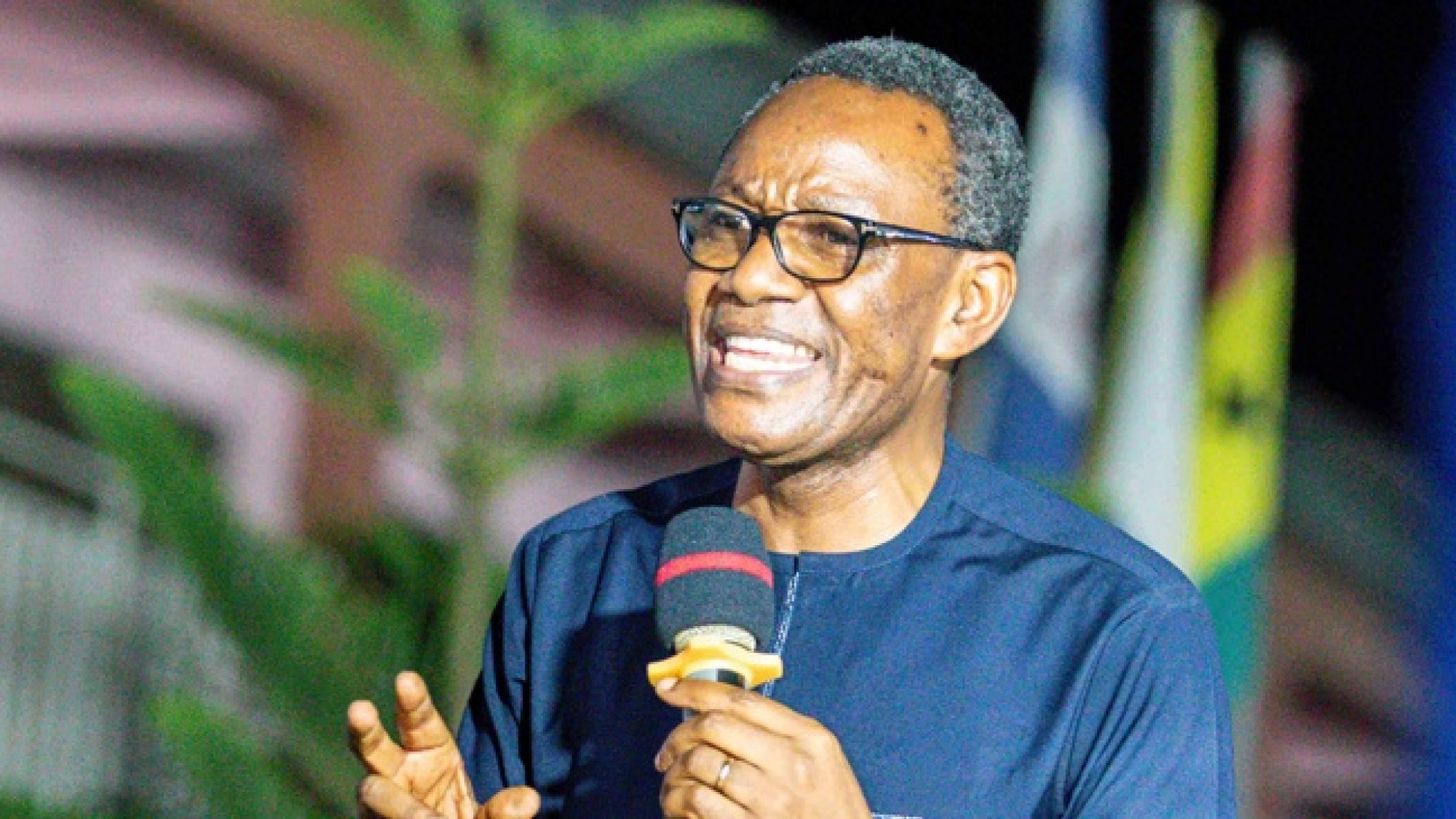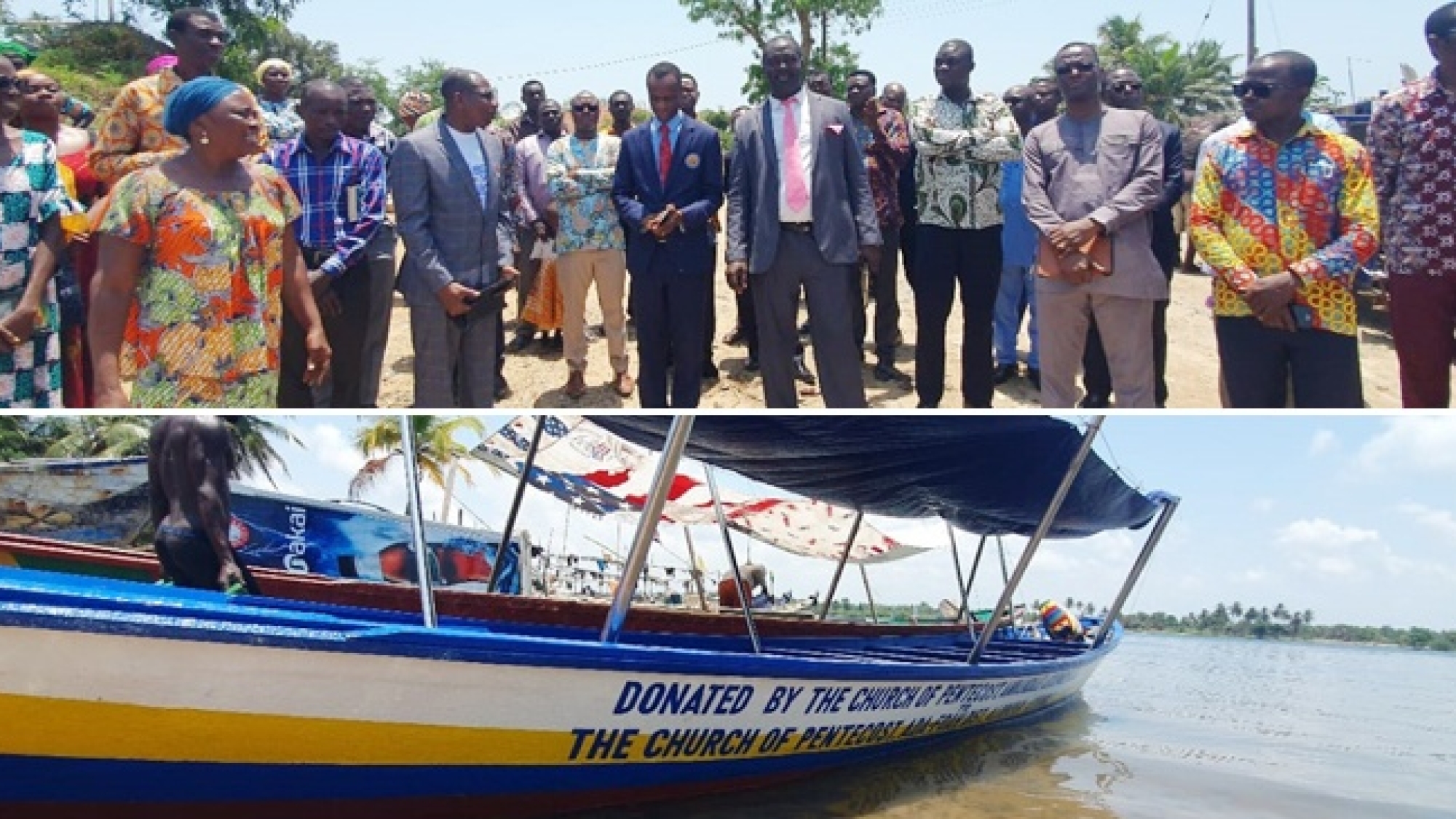“False teachers are adversaries of the contemporary church. They please the ear than the heart. They argue, that the scriptures need new interpretation and they are uniquely qualified to offer that interpretation. Beware of such and deliver your souls out of their deadly traps.”
Probationary Overseer Enock Okain.
Beware of FALSE TEACHERS
The church is always under attack, at all times and in all places. Satan is the greatest enemy of the church and one of his successful weapons is false teachers. False teaching poses a serious danger to the church. We must recognize it as a threat because the Bible repeatedly tells us that. Jesus warns us that false teachers will emerge from outside the Christian community, attempting to conceal their actual motives (Matt. 7:15–20). In the same vein, Peter tells us that false teachers can also emerge from within the community of believers, bringing destructive and poisonous teachings (2 Peter 2:1). Simply put, false teaching is not just a problem for a section of believers but all believers hence we must be vigilant and be on guard.
WHO THEY ARE?
Now, let me give you some scenarios of how false teachers package themselves to deceive fragile believers.
False teachers are those who arrogantly attempt to fashion new interpretations of the scriptures to demonstrate that the text in the Bible should not be read as God’s words to His children but only as the utterances of uninspired men constrained by their own prejudices and cultural biases. They argue, therefore, that the scriptures require new interpretations and that they are uniquely qualified to offer that interpretation. In summary, these critics try to twist Church doctrines to meet their own preconceived notions, denying Christ and His messianic role in the process.
False teachers are also those who attempt to alter God-ordained and scripturally supported doctrines that protect the sanctity of marriage, the divine nature of the family, and the essential doctrine of personal morality. They advocate a redefinition of morality to justify fornication, adultery, homosexual relationships and polygamy. Some openly champion the legalization of same-gender marriages and other abominable acts. False teachers only teach to please men (Gal. 1:10; 1 Thess. 2:1-4). They preach more to please the ear than to profit the heart.
The other false teachers are the charlatans. They are those who are only in the kingdom business for themselves. They see Christianity as a means to personal gains. They see believers or Christians as people they can take advantage of to enrich themselves. They pretend to be Shepherds but all they do is to exploit and extort from the church, teach different doctrines that suit them but fail to nurture the sheep according to biblical principles. The Bible speaks of them in (1 Timothy 6:3-5).
The false prophet is also another false teacher. These are teachers who claim to bring fresh revelation from God. They usually prophesy non-realistic things that exceed the Bible. The Bible speaks of them too (1 John 4:1).
WHERE CAN THEY BE FOUND?
False teachers do not come from mars or clad themselves with weird cloths and masks as portrayed in movies, they are found in places of worship, preaching and teaching, seminaries, videos, mission fields, books, and on television and radio.
IMPACTS OF FALSE TEACHINGS ON THE CHURCH
The Bible warns believers to beware of false teachers for they come in sheep’s clothing but inwardly they are ravening wolves whose impacts on the church are very damaging.
- They cause division in the church
Acts 20:28-30 – “Be on guard for yourselves and for all the flock, among which the Holy Spirit has made you overseers, to shepherd the church of God which He purchased with His own blood. “I know that after my departure savage wolves will come in among you, not sparing the flock; and from among your own selves’ men will arise, speaking perverse things, to draw away the disciples after them.
- Lead Believers Astray
Jer. 23:32 – “Behold, I am against those who have prophesied false dreams,” declares the Lord, “and related them, and led My people astray by their falsehoods and reckless boasting; yet I did not send them or command them, nor do they furnish this people the slightest benefit,” declares the Lord.
- Defrauds Believers
Col. 2:18 – Let no one keep defrauding you of your prize by delighting in self-abasement and the worship of the angels, taking his stand on visions he has seen, inflated without cause by his fleshly mind,
- Leads believers to destruction
“But false prophets also arose among the people, just as there will be false teachers among you, who will secretly bring in destructive heresies, even denying the Master who bought them, bringing upon themselves swift destruction. And many will follow their sensuality, and because of them the way of truth will be blasphemed. And in their greed, they will exploit you with false words. Their condemnation from long ago is not idle, and their destruction is not asleep.” 2 Peter 2:1-3
COMBATING FALSE TEACHINGS
- Be knowledgeable in the word of God:
A general lack of Bible knowledge and discernment among believers is one of the most significant contributions to the propagation of false teaching in the church. It may sound illogical to say that students should be able to correct teachers when they bring falsehood into the church, but that is exactly what the Bible teaches us. When Paul was at Berea, his teaching was not just accepted, his listeners put it to the test by examining the Scriptures to determine whether it was correct. (Acts 17:11). For this, they were praised by Luke as being “more noble.” All believers must read the Scriptures for themselves and compare what is being taught to the Scriptures. This does not require radical skepticism, but it does mean that believers are not to unhesitatingly trust every word of mere men.
- People must be held accountable for their false teachings
The failure to hold people accountable for their incorrect teaching is one factor that contributes to the spread of false teaching. People must be called to book, corrected, or punished when propagating false teachings. When the church turns a blind eye to false teaching because its proponents are popular or have ‘successful ministries,’ it allows false teaching to spread and it would be the source of further division and conflict in the church. Church discipline exists to uphold the glory of Christ and His truth and to protect the people of God from error and its consequences.
- Church Leaders must be ready to confront falsehood
To combat false teaching, the church needs pastors, elders, and teachers who are both willing and able to confront falsehood (Titus 2:8; 1 Peter 2:15). Even when the people of God are eager to study His Word and the church is prepared to exercise discipline, false teaching can flourish when the leadership of the church is ill-prepared and poorly trained. The lower we set our standards for training pastors and elders for the ministry, the less prepared they will be to recognize false teaching. Those who have not been trained well in the Bible, its languages, and principles of sound interpretation may fall prey to novel teachings that seem to explain away problems or contradictions.
CONCLUSION
Let us beware of false prophets and false teachers, both men and women, who are self-appointed declarers of the doctrines of the Church and who seek to spread their false gospel and attract followers by sponsoring symposia, books, and journals whose contents challenge fundamental doctrines of the Church.
By Probationary Overseer Enock Okain






